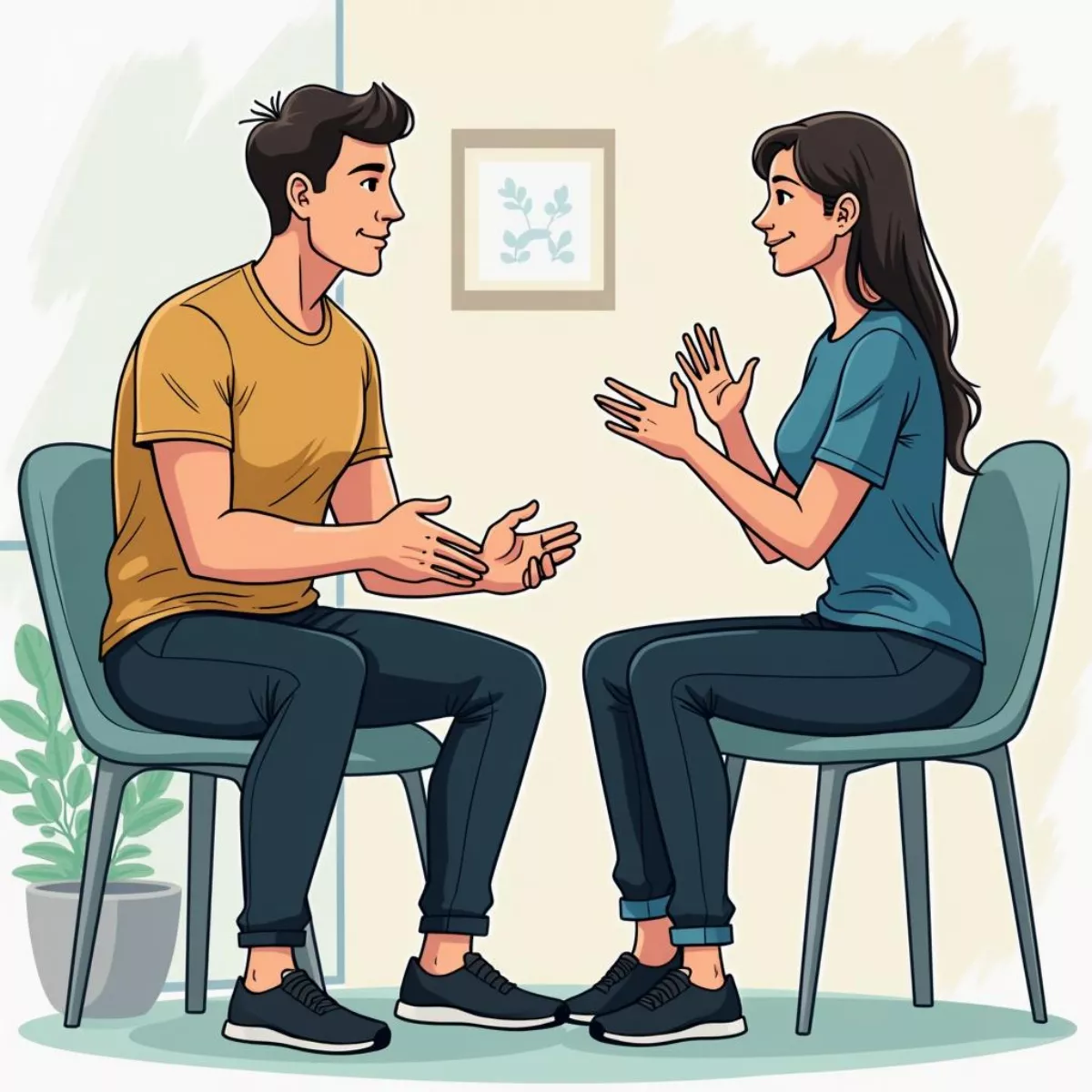The yips—a term that often sends shivers down the spine of even the most seasoned athletes. If you’ve ever struggled with sudden, involuntary movements or lapses in technique that affect your performance, then you’re familiar with the yips. Don’t worry; you’re not alone. This phenomenon affects athletes from all walks of life, whether they play golf, baseball, tennis, or any sport that requires precision.
In this guide, we’ll explore what the yips are, why they happen, and, most importantly, how to overcome them. Let’s dive into this journey together.
What are the Yips?
The yips are characterized by involuntary muscle spasms or sudden lapses in coordination, typically during high-pressure situations. This phenomenon can affect various skills—putting in golf, free throws in basketball, or even throwing a baseball—all of which require precision and control.
Why Do the Yips Happen?
While the exact causes of the yips remain debated, they often stem from a combination of physical, mental, and emotional stressors. Here are some common reasons:
- Anxiety: Pressure to perform well can lead to anxiety, disrupting muscle control.
- Overthinking: Overanalyzing your movements can create tension and disrupt your natural flow.
- Past Experiences: A negative experience tied to a specific action can trigger the yips.
- Muscle Memory Interruptions: Disruptions in learned motor skills can lead to lapses in performance.
Understanding these causes can be the first step toward managing and overcoming the yips.
 Athlete Experiencing Yips During Game
Athlete Experiencing Yips During Game
Strategies to Overcome the Yips
1. Engage in Mindfulness Practices
Incorporating mindfulness techniques can help ease anxiety and create a relaxed state of mind. Consider including practices like:
- Meditation: Spend a few minutes each day focusing on your breath. This can help alleviate performance anxiety.
- Positive Visualization: Create a mental image of successful performance to instill confidence.
2. Focus on Breathing Techniques
Deep-breathing exercises can help calm your nerves and refocus your attention. Try the following method:
- Inhale deeply for a count of four.
- Hold your breath for four counts.
- Exhale slowly for six counts.
Repeat several times before engaging in your sport to help center your thoughts.
 Athlete Practicing Deep Breathing Exercises
Athlete Practicing Deep Breathing Exercises
3. Simplify Your Technique
When the yips strike, it might be time to return to basics. Simplifying your technique can alleviate pressure. For instance:
- Break your skills into smaller components. Focus on one essential aspect of your technique rather than the entire action.
- Use drills that emphasize muscle memory without intense pressure.
4. Implement Progressive Muscle Relaxation
Progressive Muscle Relaxation (PMR) is an effective technique to release tension. This method involves tensing and relaxing different muscle groups, helping you become more aware of physical tension in your body.
- Step 1: Start at your toes. Tense the muscles for five seconds, then relax for 30 seconds.
- Step 2: Move upward through your body, tensing and relaxing each muscle group.
5. Seek Professional Help
Sometimes, talking to a coach or sports psychologist can provide you with tailored strategies to combat the yips. They can help you develop a personalized plan and offer insights based on their experiences.
 Athlete Consulting Sports Psychologist
Athlete Consulting Sports Psychologist
6. Practice with Low Pressure
Rebuild your confidence by practicing in low-pressure situations. For example:
- Training Sessions: Work on your skill without game pressure.
- Friendly Matches: Participate in informal games where the stakes are lower.
7. Maintain a Positive Mindset
Above all, your mindset plays a crucial role in overcoming the yips. Adopting a positive outlook can drastically affect performance. Here are some affirmations to keep you grounded:
- “I am in control of my body.”
- “I trust my skills.”
- “Every small victory counts.”
8. Keep a Performance Journal
Recording your experiences may help you identify patterns leading to the yips. Include:
- What you were feeling just before an episode.
- Physical sensations you experienced.
- The outcomes of your performance.
Recognizing trends can lead to targeted strategies for improvement.
9. Embrace Patience and Persistence
Overcoming the yips isn’t an overnight process. Stay committed to your training and practice self-compassion. Remember, everyone encounters setbacks; it’s how you respond that matters.
10. Try NLP Techniques
Neuro-Linguistic Programming (NLP) can be particularly effective for athletes struggling with mental blocks. Techniques such as anchoring—linking a physical gesture to a positive emotional state—can help eliminate the yips.
 Athlete Using NLP Techniques for Performance Enhancement
Athlete Using NLP Techniques for Performance Enhancement
Key Takeaways
- The yips are involuntary movements or lapses in coordination, typically tied to anxiety and overthinking.
- Mindfulness practices, breathing techniques, and simplifying your technique are essential in combatting the yips.
- Seeking professional help and maintaining a positive mindset are crucial for long-term success.
- Keep a performance journal to identify triggers and patterns in your experience.
- Embrace patience and persistence; overcoming the yips takes time.
Frequently Asked Questions
1. Can the yips affect any sport?
Yes, the yips can impact various sports, including golf, baseball, tennis, and more.
2. Are the yips psychological or physical?
The yips often stem from a combination of psychological and physical factors. Anxiety and overthinking can disrupt muscle control.
3. How do I know if I have the yips?
If you experience sudden, involuntary movements or a loss of coordination during performance, you may be experiencing the yips.
4. Will the yips go away on their own?
While the yips can improve over time, proactive measures like mindfulness practices and technique simplification can hasten recovery.
5. Can I practice my sport if I have the yips?
Yes, practicing in low-pressure environments can help rebuild confidence and technique.
6. How can I stay positive if I experience the yips?
Maintain a positive mindset through affirmations, surrounding yourself with supportive teammates, and focusing on small victories.
7. Is counseling recommended for the yips?
Yes, working with a sports psychologist or coach can provide personalized strategies for overcoming the yips.
8. How long does it take to overcome the yips?
Recovery time varies from individual to individual. Patience and persistence are key.
9. Can physical conditioning help with the yips?
Yes, proper conditioning can improve overall performance and reduce anxiety related to performance.
10. Are there any medications for the yips?
While there aren’t specific medications for the yips, some athletes may explore anxiety medications with a healthcare provider. Consult a medical professional for personalized advice.
With dedication and practice, you can conquer the yips and regain your confidence. Remember, you’re not alone in this journey—many have trodden the same path, and success is within your reach! Stay steadfast, focus on improvement, and gradually work toward a more confident, yip-free performance.